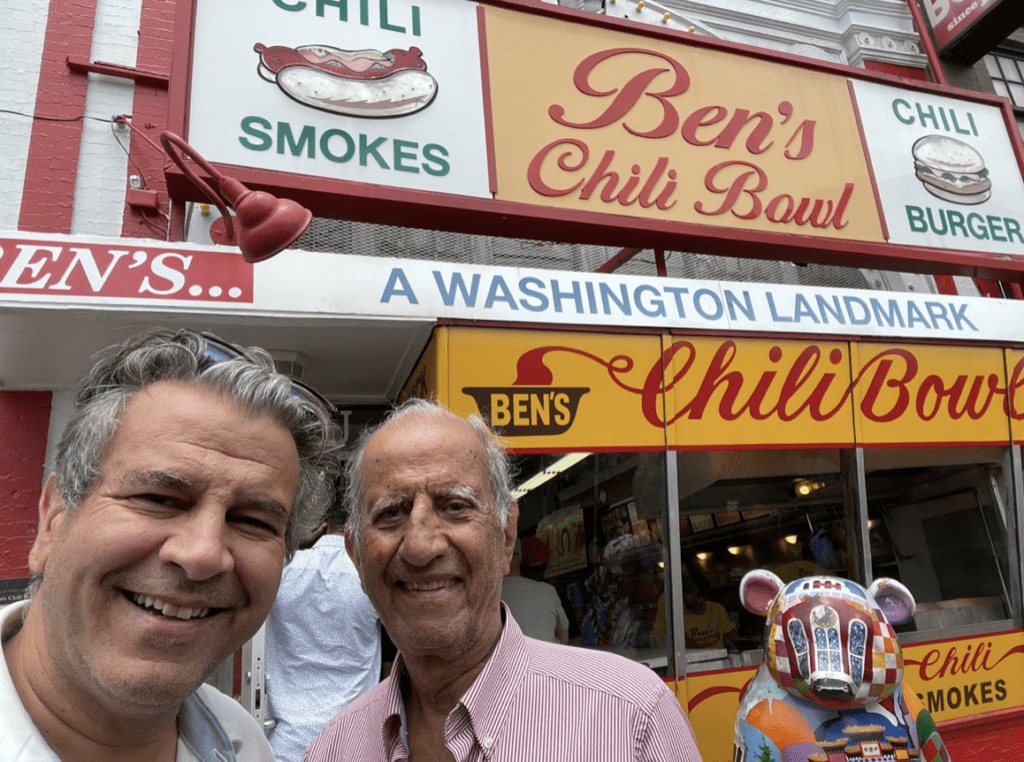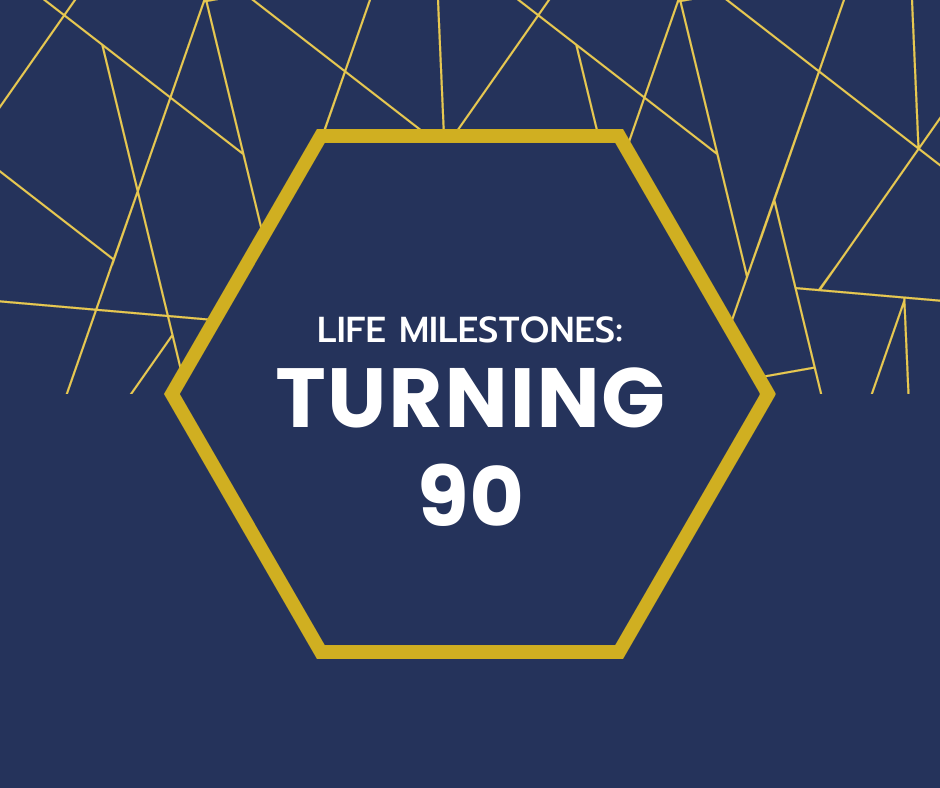This week marks an incredible milestone in our family as my Dad turns 90. Having devoted his career to caring for patients as a pediatrician, he ran his solo practice for over 50 years before finally retiring about 5 years ago. He’s plenty busy going to the gym, doing yoga, and saying that he feels great. Yes, 90 is the new 60!
My dad was one of those physicians who had exquisite bedside manner in interactions with anxious patients and nervous parents. Anyone who’s had a sick child in the middle of the night can relate, hoping that the doctor on the other end of the phone will act with empathy at the moment regardless of the hour. I recall seeing a Washington Nationals baseball game a few years back when we were approached by a man who recognized my dad and thanked him for all the years of caring for their three boys. It was a tender moment, especially when he told my dad, “Doc, it’s not the same without you.”
One of the under-appreciated skills of great doctors — and a requirement in the pediatric specialty — is the art of listening. My dad did a lot of listening over the years, having conducted some 200,000 patient exams alongside a parent or grandparent. Growing up, I got to witness his listening skills when my dad was on call in the evenings. If I had timed those calls, it was much more listening than speaking, probably a 2:1 or 3:1 ratio. There was a lot of listening before he offered a diagnosis and next steps. According to him, listening was just as important as prescribing.
While I didn’t follow in his footsteps directly, that early imprint definitely impacted my career and the role bedside manner plays in the doctor-patient relationship. The phrase has a definitive meaning that we immediately recognize. Long before customer satisfaction was even a phrase, doctors and nurses were often judged based on having a good or bad bedside manner. It was the original customer survey in medicine.
While doctors of the Marcus Welby era, like my dad, are no longer practicing, the need to be nice and caring has not gone away. Bedside manner is still important. But the world has changed immensely. The needs and expectations of patients have evolved to match the increasing levels of customer service reached in virtually every aspect of their lives.
To compete today for the time, attention, and pocketbook of the patient, practices need to do more than simply be nice and smile. That’s the meaning behind the book title Beyond Bedside Manner, which I dedicated to my dad. He taught me a lot about relating to other people, a life skill that transcends any profession or career path.
As you read this blog and become familiar with my work in patient experience, I hope you appreciate the roots from which my point of view — that patients are also customers — emerged. I offer a celebratory raise of the glass to Dad, wishing him a Happy Birthday and thanks for all he did to make the lives of his patients better!

Dad’s return visit to Ben’s Chili Bowl, some 63 years after his first time there

